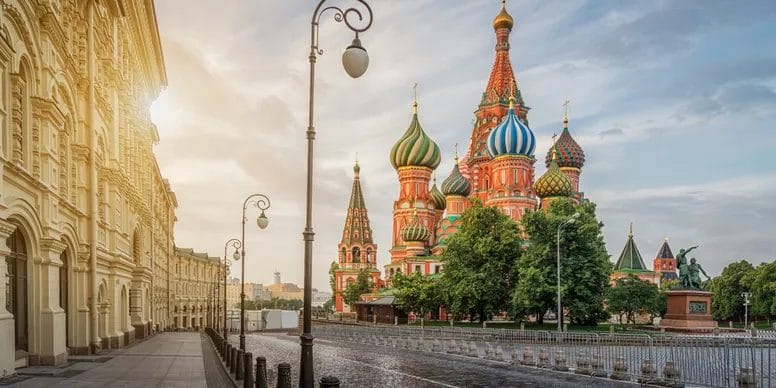
In July 2023, we began a series of articles about the upcoming year of elections, to be held in 2024. Among the key emerging market elections we identified those in Taiwan, Russia and India as the most relevant ones. While the Taiwanese elections were clearly at the forefront of public attention, given the escalating tension in the Taiwan Strait as a exemplification of the Cold War II between the US and China, few people thought that the Russian election deserved any attention. “We already know who’s going to win, right?” was the typical objection. We took a radically different view.
As V-Dem authoritatively states, there are four classified forms of government: liberal democracies (e.g. the UK), where elections are held, the press is free and the judiciary independent; electoral democracies (e.g. Turkey), in which elections are held, but the judiciary and the press are not free and independent; electoral autocracies (e.g. Russia), in which decisions are made by a restricted group of people that only formally is legitimised by non-free elections; and closed autocracies (e.g. China), in which elections are not held and decisions are made by a very restricted number of people who operate in a system in which powers are not divided and there is no freedom of information.
In electoral autocracies such as Russia, elections are still a very important moment to watch, even if the result is known a-priori. They worth being scrutinised to ascertain: (a) the turnout: 50% is different from 90%, and tells a lot about the legitimacy of the autocrat; (b) the number of contenders: how many people dare to defy the incumbent autocrat? Are they real opposition leaders, or simply puppet candidates that are running only mask the charade? (c) the actual result: does the autocrat win with a plebiscite (90-95%) or with a lower majority? (d) regularity of the electoral process: how many “tricks” (incarcerations – or worse – of opposition leaders; electoral fraud; etc.), does the autocrat need to pull out in order to obtain the intended outcome? So, there is a lot of information that can be gathered about the state of an electoral autocracy from the election moment, even if the result is known ex-ante.
In the specific case of Russia, it is known that Vladimir Putin will win the election. With the change in constitution he imposed to the Duma, which was later “legitimised” by a popular vote, this will allow him to remain in power for six more years, and then for another six years if he gets re-elected in 2030. Ahead of the March 15-17th presidential election, it was still unclear how many people would run against him, and whether they will be real opposition leaders. With the death of Alexei Navalny, we now know that there won’t be any real challenge to Putin’s regime.
Navalny was a courageous leader who wanted to put an end to Putin’s autocratic rule. As such, he was already a victim of an attempted poisoning in August 2020, which he survived thanks to the healthcare he received in Germany. But in our opinion, he may have made a miscalculation. He thought that Putin was reaching the end of his road, and that the war in Ukraine would be the classic last straw that broke the camel’s back. As such, he decided to return to Russia where he was sure he would be incarcerated (in electoral autocracies, the judiciary is not independent from the executive power), given the number of trials awaiting him.
He probably thought that this was a necessary step to become the next Russian leader, once Putin’s regime had collapsed. He probably had in mind the examples of Nelson Mandela, who spent his life in prison before being elected president when the apartheid was abolished in South Africa. And to some extent also the example of Deng Xiao Ping, who had been exiled by Mao during the Cultural Revolution, before returning as supreme leader when Mao’s generation of leaders disappeared. Obviously, things have turned out to be different in Navalny’s case.
Navalny’s death clearly shows that Putin’s grip on power in Russia is solid and unchallenged. But to some extent it also shows the fragility of the regime, which did not want to take any chance of allowing Navalny (or anybody else from his movement) to run against Putin, and start the coalescing a politically organised opposition movement.